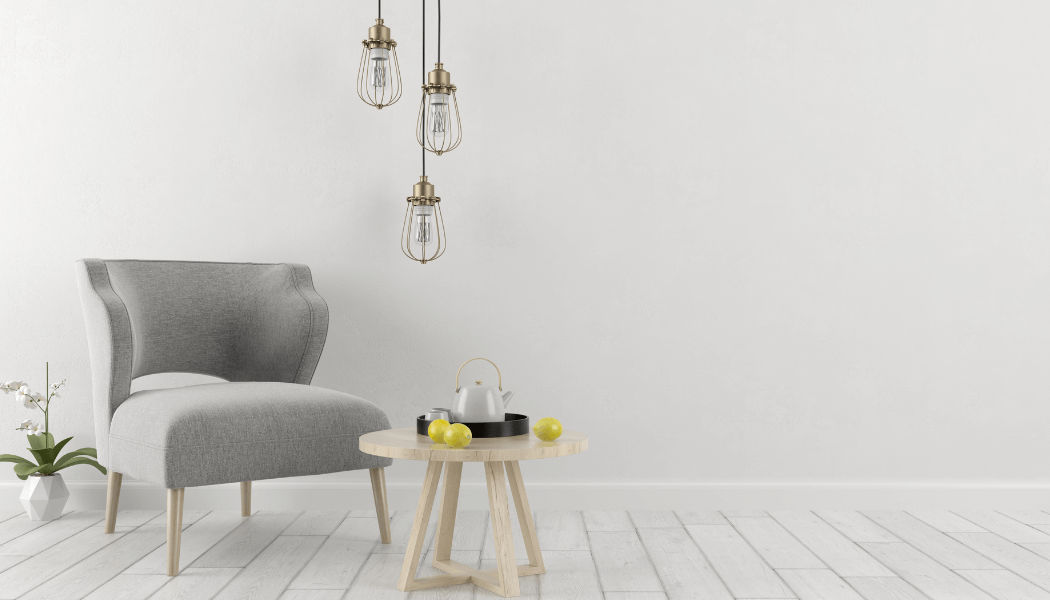
The Hotel Interior – What to Remember When Choosing Floor Panels?
If you would like to create a welcoming atmosphere that will encourage guests to come back, it is worth
considering renovating the hotel flooring. Renovation of hotel lobbies, hotel rooms, restaurants and bars will give
them a new life, unique character, comfort and cleanliness. Show off your hotel’s brand identity with a wide range of
colours, patterns and materials, including vinyl, wood and laminate. A few years ago, laminate flooring was not a
good choice for hospitality due to its artificial appearance, lability and limited variety of patterns. A lot has changed
since then and laminate has proved to be an excellent material for commercial flooring as it requires minimal
maintenance and can withstand the heavy traffic associated with commercial spaces. What to remember when
choosing floor panels for a hotel?
Laminated Panels
Laminated panels consist of four layers and combined under high temperature and pressure. The bottom layer is a
laminate or reinforced paper, and this part eliminates surface stresses and ensures the shape stability of the entire
panel. The next supporting layer is usually made of HDF board, while in lower-quality models there is an MDF board or
chipboard. The final durability of the product depends on its thickness and quality. The decorative layer consists of a
thin laminate with a printed pattern that gives the right appearance to the panels. The patterns can resemble not only
wooden boards but also ceramic or stone tiles. There are many arrangement options with the use of laminated
panels. The last layer, made of thermosetting melamine resin or mineral substance with corundum protect against
quick abrasion, UV radiation, chemicals and high temperature.
Wooden Floor Panels
Panels of this type are made of various types of wood, which has an impact on their strength, resistance to dents,
scratches and moisture. The top layer of wood is crucial. Fir, pine, spruce, alder, birch are characterized by the
greatest softness. It is better not to use such materials in hotel space with high traffic areas. Oak, ash, hornbeam,
maple, and exotic species such as teak, iroko, wenge, and jatoba have slightly better hardness. The hardest panels
are made of merbau, Badi or padauk. The wood from the top layer is usually factory varnished or oiled, which protects
the panels against abrasion and dirt. However, it does not affect the hardness of the floor.
Vinyl Panels
It is an interesting alternative to wooden and laminated panels. The bottom part is a cork that perfectly muffles the
sounds of footsteps and guarantees good thermal insulation. Vinyl panels are not only much quieter than laminated
ones but also warmer and soft to the touch and have anti-slip properties. Their insensitivity to moisture makes it
possible to successfully use them in the kitchen and bathroom areas. Vinyl flooring is distinguished by interesting
patterns and can resemble virtually any other material and even have 3D patterns. Vinyl panels are suitable for
underfloor heating, easy to install and do not attract dust. There are also easy to maintain. The price is similar to
wooden panels.
Polymer panels
Polymer panels are an innovative solution. Polymers make the floor quieter, resistant to dirt, resistant to UV
radiation, resistant to mechanical damage, feel warm to the touch.
Advantages and Disadvantages of Floor Panels
All floor panels are made of several layers that differ in the material used, which give them appropriate properties.
The advantages of laminate flooring are relatively low price, fast installation, various colours and patterns. They are
also suitable for underfloor heating. When it comes to the disadvantages of floor panels, they are less durable than a
parquet. This is due to the inability to renew by sanding and varnishing. Poor sound insulation means the panels can
easily transmit the sound of footsteps because they have a hard surface and a compact structure. To minimize this
effect, they must be mounted on a smooth surface with a soundproofing base. Most panels are not suitable for wet
rooms due to their low moisture resistance. The exception is vinyl kitchen flooring or exotic wood flooring.
